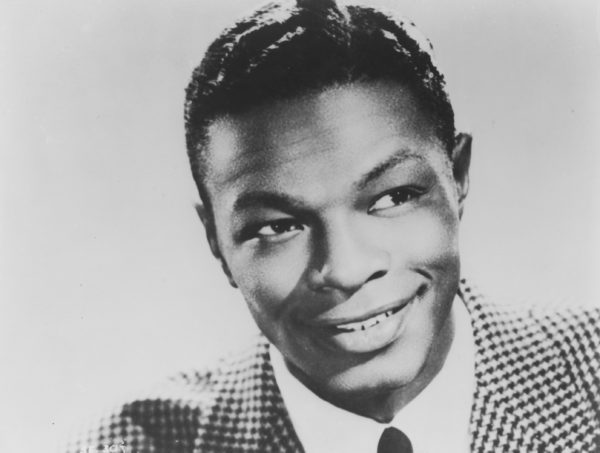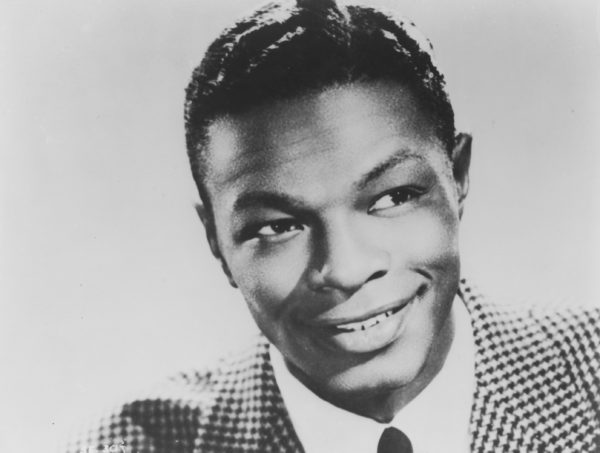‘Those Folks Hurt My Back’: Resurfaced Attack Details How Nat King Cole Was Ambushed Onstage By KKK 65 Years Ago In Alabama
From being jailed for singing to integrated audiences, to facing acts of violence while performing segregated shows in the south, Black artists’ talent has done little to protect them from the realities of racism.
Such is the case for the late legendary singer Nat King Cole who reportedly survived a Ku Klux Klan attack while performing in Birmingham, Alabama, in 1956, according to AL.com. The day was April 10, and King had multiple shows scheduled at the venue — Birmingham Municipal Auditorium, now Boutwell Auditorium — a few for white audiences and a single evening show for an all-Black audience.

Cole and his all-white band were welcomed to the stage by the city’s mayor, Jimmy Morgan. While the audience of an estimated 4,000 paid to hear Cole’s velvety voice, what they witnessed was much more.
Three songs into his first performance of the day, four white man charged their way onto the stage, toppling the singer from his piano bench and onto the ground and battering him.
“There was instant chaos. the audience on its feet, screaming,” recalled audience member John Birchard. “Before you could blink, there were what seemed like a hundred cops onstage, grappling with the four white men, dragging them away.”
Al.com described who the men were in its recent remembrance of that night:
The group was organized by Asa Carter, who penned George Wallace’s “segregation forever” speech and the book that inspired Clint Eastwood’s classic film “The Outlaw Josey Wales.” Members of his group castrated a Black man in 1957.
Cole was moved to safety until the chaos concluded. He reportedly returned to the stage only to share with the audience he required medical attention and would not be finishing his performance.
“I just came here to entertain you,” he reportedly told the crowd. “That was what I thought you wanted. I was born in Alabama. Those folks hurt my back. I cannot continue, because I need to see a doctor,” said Cole. He went on to perform later that evening for the all Black audience.
Given Cole’s broad appeal with audiences and his decision to not publicly side with Black people pushing for civil rights, he was dumbfounded that white men would attack him.
“I can’t understand it … I have not taken part in any protests. Nor have I joined an organization fighting segregation. Why should they attack me?” he reportedly told journalists following the attack.
His comments struck a nerve with Roy Wilkins, executive secretary of NAACP. In a telegram sent to the singer, Wilkins said:
“You have not been a crusader or engaged in an effort to change the customs or laws of the South. That responsibility, newspapers quote you as saying, you leave to the other guys. That attack upon you clearly indicates that organized bigotry makes no distinction between those who do not actively challenge racial discrimination and those who do. This is a fight which none of us can escape. We invite you to join us in a crusade against racism.”
Cole later went to join the 1963 March on Washington. He passed two years later from lung cancer at the age of 45.

